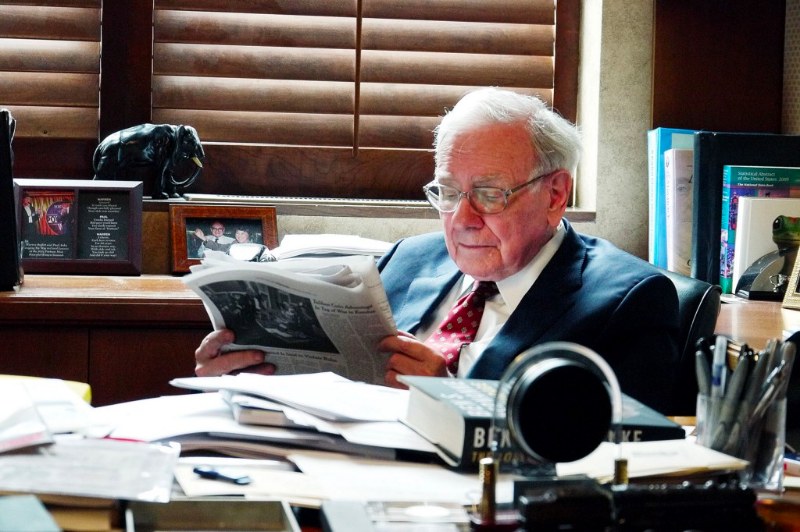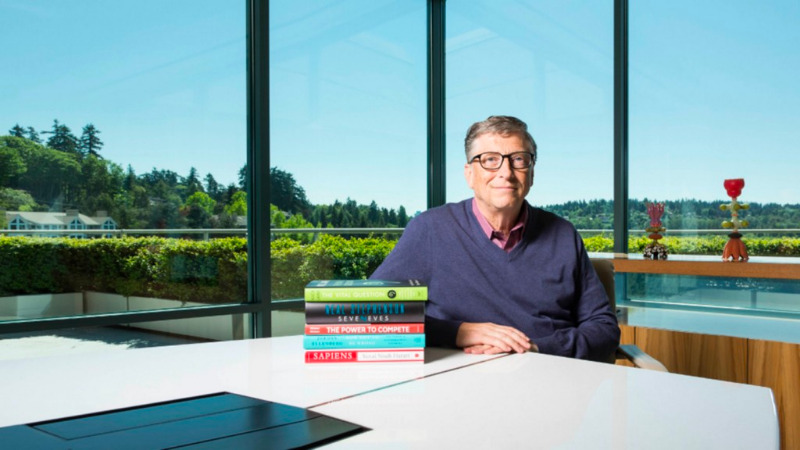Table of Contents
Think about household business names for a second. Elon Musk, Bill Gates, Steve Jobs, Warren Buffett, Jeff Bezos, you know the drill. I’ve been thinking quite a lot about these moguls, and how their personalities and business approaches differ. The contrast in personalities is even more prominent on a smaller panel like Shark Tank, where we can watch these experienced businesspeople interact in a more dynamic way. There’s also one person in particular who sticks out to me — Gary Vaynerchuk. A burst of energy, loud, many hand and facial gestures, and just overall incredibly expressive.

Big questions and different approaches
So whose advice should we take? We’re often told to find mentors, follow in their footsteps, and reach out to those who are where we want to be. But what if your mentors are vastly different? Not just in terms of personality, but in terms of the way in which they operate. Should you continue to follow all of them and become a product of all of them?
That sounds like a winning strategy to me. But who’s truly to say? Perhaps you don’t end up achieving what you set out to because you were stuck in the middle of the spectrum of those you admire. Or, rather than getting stuck in the middle, perhaps you become a product of both because you pull from both directions.

The Warren Buffett way
Warren Buffett is known for spending most of his day reading. Word has it he reads about 500 pages per day, and even more when he was younger. Buffett draws comparisons between investing and a “strike zone” in baseball. He believes that as an investor, you have a “strike zone.”
Moreover, there he describes that are “hot spots” within that strike zone. And unlike a batter, an investor can simply wait until he or she finds a company in a hot spot. So while the day traders on Wall Street move swiftly, Warren Buffett is reading from his comfortable desk in Omaha, Nebraska patiently waiting to take a swing at another company. His type of company.

Warren Buffett used to read close to 500 pages per day. To this day he states reading is about 70% of his entire day.
By contrast, Gary Vaynerchuk claims that he has written more books than he has read in his entire life. He prefers doing. “Enough reading, go out and do,” he often says. To me, this sounds entrepreneurial in its purest form — jumping off a cliff and hoping that you build a plane on the way down. Which makes sense, because this is what he does.
Now known as “the social media guy”, he is constantly testing and trying new things in the digital landscape across all of his platforms, regardless of how much he knows about social already. This would be the “dirt” portion of what he calls the “clouds and dirt,” with “clouds” being the North Star's long-term mission, and “dirt” being the trenches that hold you, the practitioner, accountable for the actions which ultimately get you to the clouds.
Bill Gates and Elon Musk
Bill Gates is an avid reader, and Elon Musk famously credits reading books to learning how to build rockets. Still, Elon is notorious for working 100 hours per week. Conclusion? He’s a machine. Nothing new there.
I’ve been struggling to pinpoint and find solid answers, or at least guidance, to my questions for a long time now. In fact, I think it’s something that we’ll probably never have a definitive answer for. Think about all the elements that go into what makes a person who they are. Consider nature vs. nurture. Think about their experiences. Think about the decisions they’ve made. I think there are far too many constant variables to be able to pinpoint something or formulate a definitive conclusion. Still, it’s a discussion for the ages.

The bottom line
This article is not meant to provide a clear-cut answer nor define what is right and what is wrong, but rather spark thought and initiate discussion on what effect your mentors have on your outlook in accomplishing whatever you might aspire to.
And keep in mind: mentors don’t have to mean high-profile figures. I simply used big names as examples to be able to showcase and drive my insights. But think smaller — even your parents or siblings. Even within your family, I’m certain you find many different methodologies and approaches to situations and their respective outlooks.
The only assumption that I’ve come the closest to is that it seems there is room for everyone and every style — it just depends on how and where it fits, which is why self-awareness is so important.
What are your thoughts on different approaches? Let me know.
- Web: hiram.io
- Rising Tide (blog): hiram.io/blog
- LinkedIn: @hiramfromthechi
- Twitter/X: @hiramfromthechi
- Medium: @hiramfromthechi
- Mastodon: @hiramfromthechi@mastodon.social

